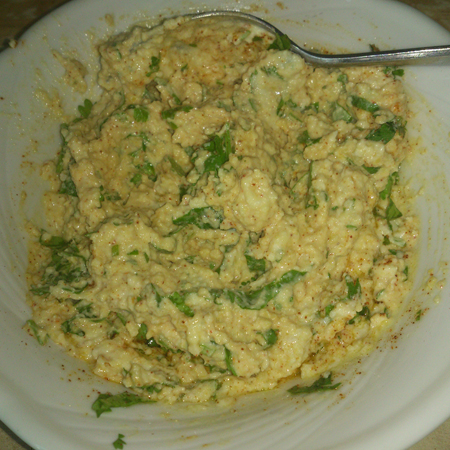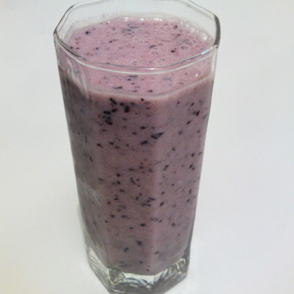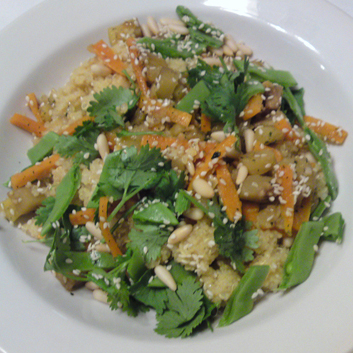Quercetin

Important quercetin facts
Quercetin is a flavonoid (or bioflavonoid - these names are used interchangeably) which is found in many fruits and vegetables such as strawberries, apples, grapes and onions.
Quercetin is important as it serves as a building block for other flavonoids to function effectively.
Quercetin acts as an effective antihistamine, by reducing allergy symptoms as well as reducing inflammation.
Quercetin has powerful antioxidant properties and works to protect the body from free radical damage which can damage DNA and cause ageing, heart disease and cancer.
- Quercetin has renowned antioxidant properties
- Quercetin is one half of the rutin molecule and is the more active antioxidant component
- Approximately 70% of the total flavonoid intake from food comes from quercetin
- Quercetin is found mainly in the following foods: apple, onions, strawberries, grapes, tea, red wine
Quercetin and health
- Allergies, hay fever, asthma - quercetin stabilises mast cells and inhibits both the production and release of histamine as well as other chemicals that create allergy and inflammation within the body, so may be useful in reducing allergic symptoms, especially in people with asthma or hay fever (allergic rhinitis). Histamine is a chemical in the body that is released when the body tries to protect itself against allergens (such as dust, certain food, trees, plants). Histamine is what causes the itchy eyes and nose, hives and swelling of the face and mouth
- Arthritis - in test tube studies, quercetin works to alleviate arthritis by inhibiting inflammation in the joints of people with arthritis
- Varicose veins - a deficiency of quercetin can lead to varicose veins
- Sinusitis - quercetin increases the effectiveness and activity of vitamin C in the body and can also inhibits the inflammatory processes involved in sinusitis by blocking the release of histamine, which can help to improve symptoms of sinusitis
- Cancer - a recent study has shown that strawberries inhibited cancer cell proliferation and quercetin was the most active compound within the strawberries. While this study is still a preliminary stage of this research and the results were found only in test tubes, this is promising and more research will continue in this area
People who wish to take quercetin supplements should talk to a medical professional BEFORE taking it.
Quercetin recommended intake
Dosage of quercetin depends on the condition that is being treated. A medical doctor and/or alternative health care provider can advise on individual cases - this information is provided as a guide only:
| Lifestage | Age | Amount (per day) |
|---|---|---|
| INFANTS | 0-12mths | Not recommended |
| CHILDREN | 1-8yrs | Seek medical advice before taking it |
| CHILDREN | 9-18yrs |
Seek medical advice before taking it |
| ADULTS | 19-50yrs |
Allergy/sinusitis/hayfever 50-200mg 3 times a day |
| SENIORS | 51+yrs | Allergy/sinusitis/hayfever 50-200mg 3 times a day |
| PREGNANT | Not recommended | |
| LACTATING | Not recommended |
Advertisement
Types of quercetin supplements
Quercetin is available in the following forms:
- Capsules - powder is added to capsules
- Soft gel - soft gelatin capsules are filled with quercetin liquid
Quercetin supplementation checklist
- Check expiration date
- Store in a cool, dry place away from direct heat
- Check dosage levels and product label instructions
Quercetin works best with
Overdosage, toxicity and cautions for quercetin
There are no known toxicities, adverse effects, overdosage or other side effects for flavonoids.
Cautions
- People with certain medical conditions - discuss quercetin supplementation with a medical professional BEFORE taking it if you have any type of medical condition
Advertisement
References
- Boyer J, Brown D, Liu RH. Uptake of Quercetin and Quercetin 3-Glucoside from Whole Onion and Apple Peel Extracts by Caco-2 Cell Monolayers. Journal of Agriculture and Food Chemistry 2004; 52(23); 7172-7179
- Groff J L, Gropper SS, Hunt SM, Advanced Nutrition and Human Metabolism. West Publishing, USA, 1995
- Knekt P, et al. Quercetin intake and the incidence of cerebrovascular disease. EJCN, 2000. 54 (5); 415-417
- Lamson DW, Brignall MS. Antioxidants and cancer III: quercetin. Alt Med Rev. 2000;5(3):196-208
- McAnlis GT, McEneny J, Pearce J, Young IS. Absorption and antioxidant effects of quercetin from onions, in man. European Journal of Clinical Nutrition, 22 August 1999
- Olsson M E, Andersson CS, Oredsson S, Berglund RH, Gustavsson K. Antioxidant Levels and Inhibition of Cancer Cell Proliferation in Vitro by Extracts from Organically and Conventionally Cultivated Strawberries.
Journal of Agriculture and Food Chemistry 2006; 54(4); 1248-1255 - Piantelli M, et al. Tamoxifen and Quercetin Interact with Type II Estrogen Binding Sites and Inhibit the Growth of Human Melanoma Cells. Journal of Investigative Dermatology (1995) 105, 248–253
Last reviewed 21 April 2019

 Basics recipes
Basics recipes Breakfast recipes
Breakfast recipes Dessert recipes
Dessert recipes Dinner recipes
Dinner recipes Lunch recipes
Lunch recipes Snacks recipes
Snacks recipes



